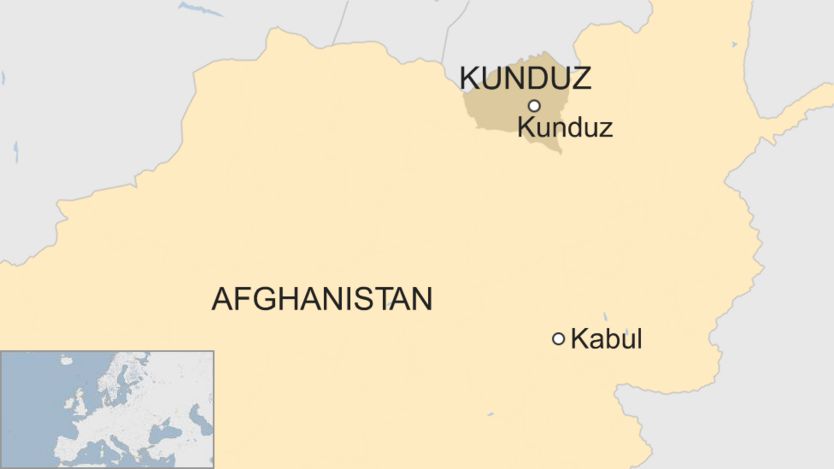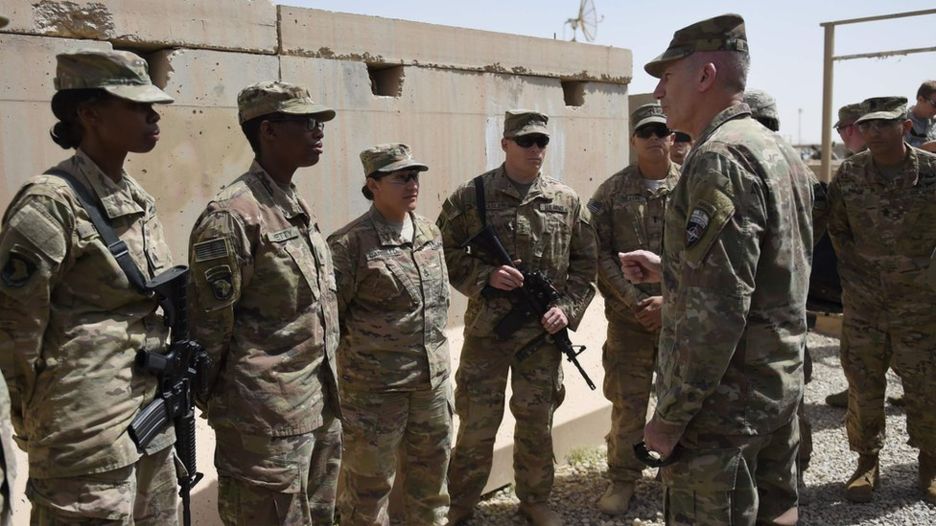Trump’s promise to end the foreign wars falls flat in Afghanistan
Taliban fight: US may send 3,000 more troops to Afghanistan
BBC
The US military and state department are recommending sending at least 3,000 more US troops to Afghanistan to fight the Taliban, US media report.
Military leaders would also regain the authority to target Taliban leaders with air strikes under the proposals.
President Donald Trump has not approved the plan, unnamed officials say. It may include a request that other Nato countries send 3,000-5,000 soldiers.
There are 13,000 Nato troops currently in the country, 8,400 of them US.
US combat operations against the Taliban officially ended in 2014, but special forces have continued to provide support to Afghan troops.
In February, the commander of US troops in Afghanistan Gen John Nicholson told a Senate committee there was “a shortfall of a few thousand”.
He said he needed more troops to break a “stalemate”.
Last month, the Taliban announced the start of their “spring offensive” a week after killing at least 135 Afghan soldiers in a military compound near the northern city of Mazar-e Sharif.
The group said it would use military alongside political tactics and that its main target would be foreign forces.
On Saturday Taliban militants seized a district just a few kilometres to the west of Kunduz in their continuing attempts to take the northern city. Thousands of families have been forced to leave their homes.
Latest reports suggest the Taliban now also control the main road to the east of the city which links the province to the north-east and is also the main supply route for the capital, Kabul.

To understand, look to Kunduz: Analysis by the BBC’s Justin Rowlatt
If you want to know why the Trump team is considering deploying more troops in Afghanistan, look no further than the city of Kunduz.
Another Taliban assault on the strategic stronghold is under way, the first major operation of the “spring offensive” the insurgent movement announced two weeks ago.
The BBC has learned that three top commanders have been drafted in to take charge of this latest siege on a city the Taliban have successfully occupied twice in the last two years.
It is further evidence of the steady advance of the movement since the official end of the Nato combat mission two and a half years ago.
In March Taliban fighters retook the key district of Sangin in the southern province of Helmand, consolidating their already tight grip on a region hundreds of British and US troops died trying to protect.
The Taliban is now reckoned to control up to a third of the entire country. Indeed, the big question is whether a few thousand additional foreign troops will be enough to turn the tide.

US officials said the new plan would significantly expand the combat role for US troops, and authorise the Pentagon, not the White House, to set troop numbers.
President Trump is expected to make a decision before he attends a Nato summit in Brussels on 25 May.

The previous US President, Barack Obama, set deadlines for cutting the numbers of US soldiers in the country and removed the Pentagon’s authority to directly target Taliban leadership.
However, he was forced to abandon the troop reduction target.
